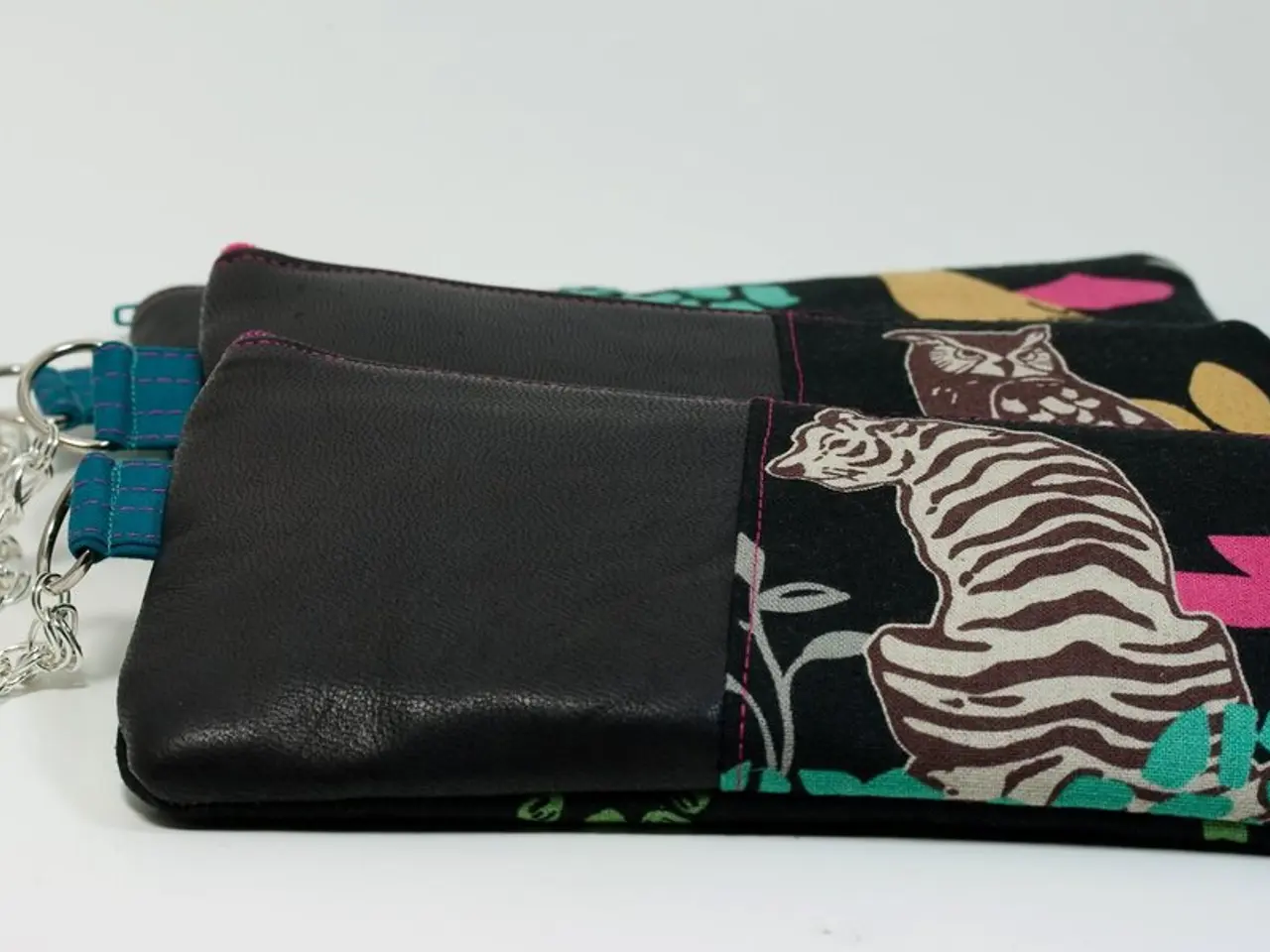Klaytn-Line blockchain merger encountering difficulties due to governance issues, supported by Softbank.
=================================================================================
The proposed merger of the Klaytn and Finschia blockchains, two prominent players in the Asian cryptocurrency landscape, is facing several challenges and concerns. The merger, if successful, will create a unified platform called Kaia, aiming to establish a more scalable, interoperable, and developer-friendly blockchain ecosystem.
Currently, Klaytn boasts 29 million blockchain wallets compared to Finschia's 5.6 million. Both blockchains have a strong presence in their respective regions, with Klaytn's influence in Korea, Singapore, and Vietnam and Finschia's stronghold in Japan, Taiwan, Thailand, and Abu Dhabi.
However, the merger process is not without its hurdles. The most pressing concern is the permanent shutdown of the Finschia blockchain and the token swap process. By September 30, 2024, the Finschia token swap gateway (FNSA to KAIA) will close, and any unswapped FNSA tokens will become irrecoverable with no compensation offered. This presents a significant risk to token holders who have not completed the swap, adding pressure and uncertainty around asset security during the merger process.
Governance issues and token holder opinions have notably impacted the process. The merger represents a strategic shift, but it also involves difficult decisions such as permanently shutting down the Finschia infrastructure and enforcing token swaps under strict deadlines. The urgency and irreversible consequences for token holders indicate there have been governance and communication challenges in managing stakeholder expectations and migration logistics.
Following the merger, Kaia has positioned itself as a major Web3 infrastructure platform in Asia. It focuses on real-world applications, such as integrating stablecoins (native USDT), partnerships with trading platforms like Flipster, and leveraging messenger user bases for mass adoption. Despite this forward-looking vision, the governance of token swaps and ensuring smooth transitions for existing users remain pressing concerns due to the irreversible token loss risk and shutdown timelines.
In terms of governance, Klaytn founders influence around 42% of the votes, while it's less on the Finschia side. The merger would combine the audiences and resources of both blockchains, potentially creating a more diverse and robust community. However, the governance of token swaps and ensuring smooth transitions for existing users remain pressing concerns.
The merger has also been impacted by external factors. Klaytn's growth has stagnated, and its founders were sued with allegations of embezzlement and breach of trust relating to Klaytn tokens last September. However, the Klaytn Foundation claims the litigation won't impact the merger.
Communication with governance token holders is more about incentives and token valuations than substance. This lack of transparency and clear communication has contributed to concerns and mistrust among token holders.
In summary, the merger of Klaytn and Finschia blockchains presents both challenges and opportunities. The key concerns include the permanent loss of FNSA tokens post-swap deadline, forced migration, no compensation for unswapped tokens, and the risk of scams during migration. The governance impact includes difficult consolidation decisions, managing deadlines and resource consolidation, and communication challenges affecting token holders’ trust and options. Post-merger, Kaia aims to build a scalable, interoperable blockchain ecosystem, expand real-world utility, and achieve strong integration with Kakao and LINE ecosystems for large-scale Web3 adoption.
[1] Source: Korean press report [2] Source: Kaia official announcement [4] Source: Klaytn official announcement
- The proposed merger of the Klaytn and Finschia blockchains, known as Kaia, aims to create a unified platform with a focus on real-world applications such as integrating stablecoins, partnerships with trading platforms, and leveraging messenger user bases for mass adoption. [Based on the text]
- The governance of token swaps and ensuring smooth transitions for existing users remains a pressing concern, as the permanent loss of FNSA tokens post-swap deadline, forced migration, and no compensation for unswapped tokens pose significant risks. [Based on the text]
- A major worry for token holders is the communication and transparency regarding incentives and token valuations rather than substantive issues, which has contributed to concerns and mistrust among them. [Based on the text]
- The governance of the combined blockchain will be influenced by Klaytn founders who control around 42% of the votes, potentially creating a more diverse and robust community. [Based on the text]




